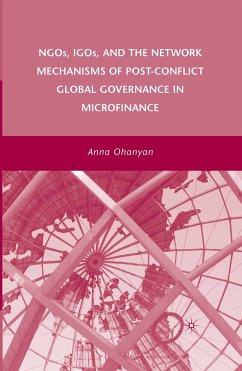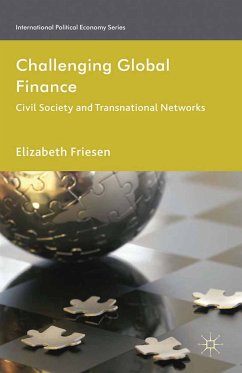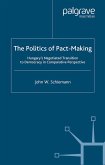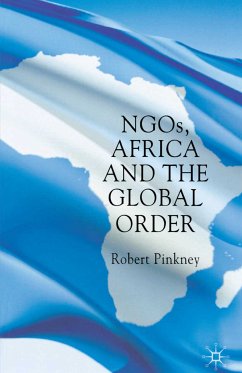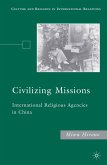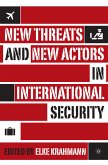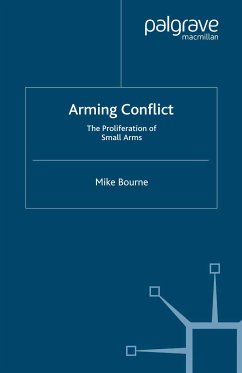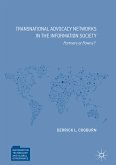Dieser Download kann aus rechtlichen Gründen nur mit Rechnungsadresse in A, B, BG, CY, CZ, D, DK, EW, E, FIN, F, GR, HR, H, IRL, I, LT, L, LR, M, NL, PL, P, R, S, SLO, SK ausgeliefert werden.
"This book is a timely contribution to the literature on post-conflict microfinance, focused on governance issues. The author has rightly pointed out that a high level of understanding of the different environments in which NGOs work is a prerequisite for addressing concerns of accountability and democratic deficit within structures of global governance." - Mokbul Morshed Ahmad, Asian Institute of Technology
"Anna Ohanyan has written a masterful study of microfinance policy networks, combining careful field research with sophisticated theoretical insight on the institutionalization of global governance. Her concept of conflicted concord powerfully illuminates how networks of NGOs and IGOs really work, and points the way to making them work better. Rich case studies of Bosnia, Afghanistan, and Kosovo show how policy networks linkcomplex local realities with global imperatives." - William E. DeMars, Chair of the Department of Government at Wofford College, and author of NGOs and Transnational Networks: Wild Cards in World Politics
"Anna Ohanyan s book is a novel and important contribution to understanding the subtleties of effective international action in post-conflict countries. Building on recent theory and on excellent case studies of microfinance in Bosnia, Afghanistan and Kosovo, she develops a new lens for analyzing international post-conflict efforts: global networks of non-governmental organizations (NGOs) and inter-governmental organizations like the UN and the World Bank. This book offers detailed insights on the formulation and implementation of post-conflict policies, and specifies the conditions under which NGOs and intergovernmental actors will be most effective. Teachers as well as development professionals and security specialists will find it useful." - Charles T. Call, Assistant Professor of International Relations, American University

